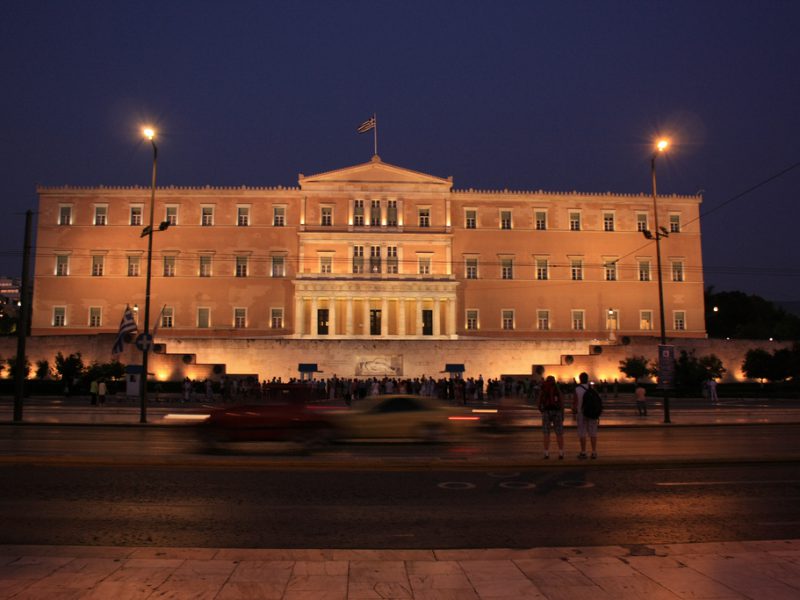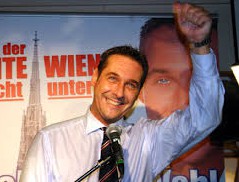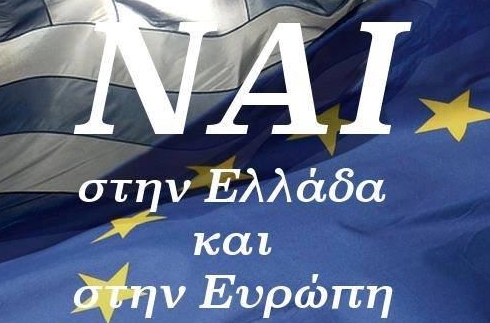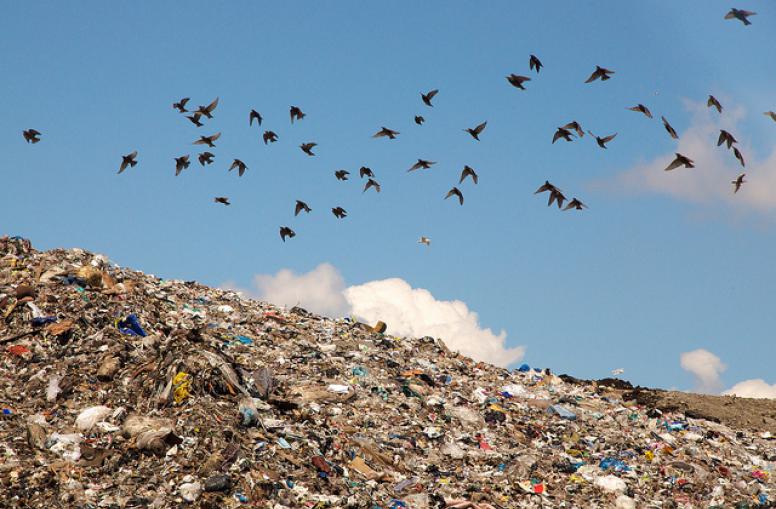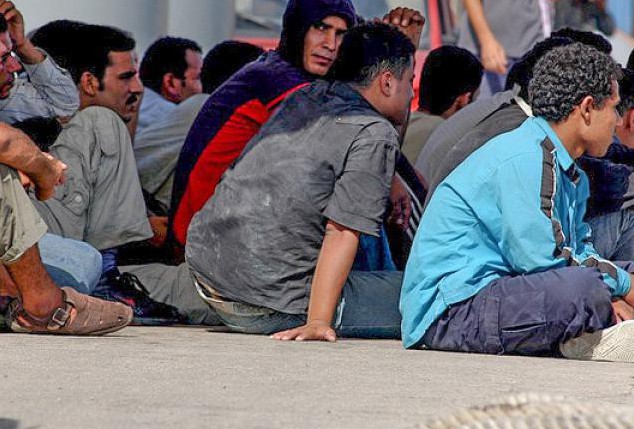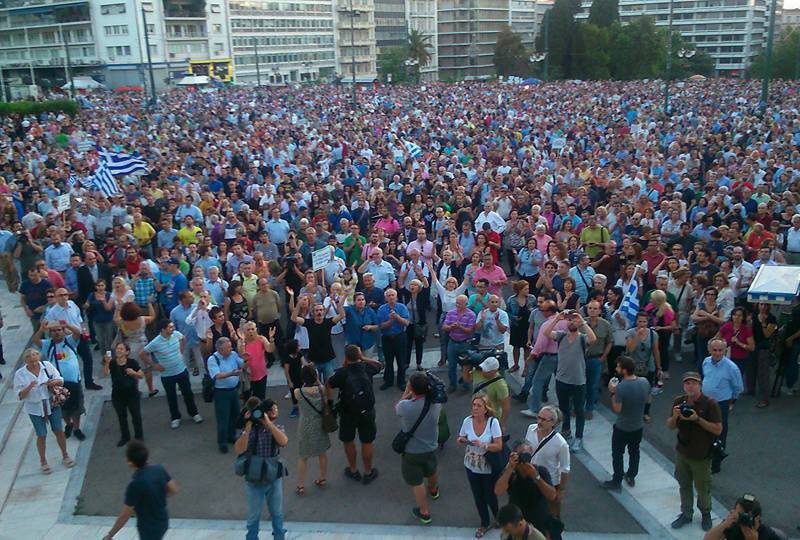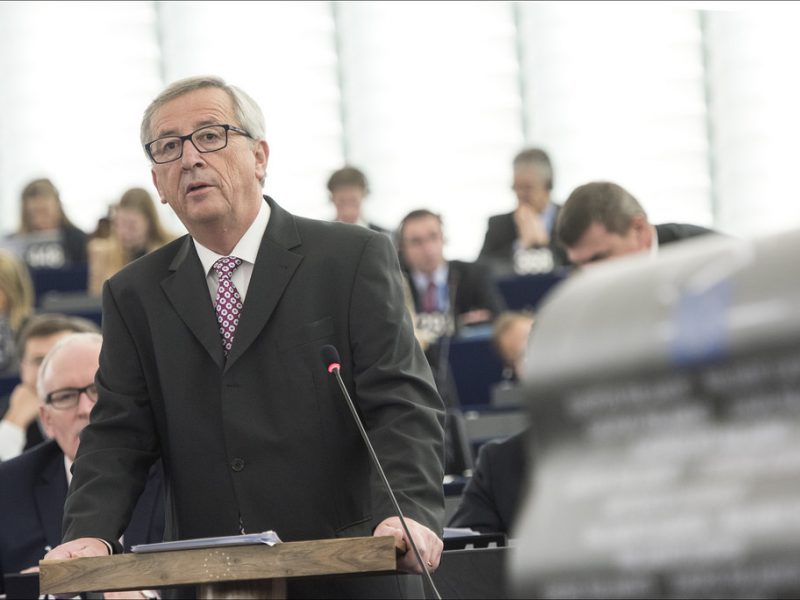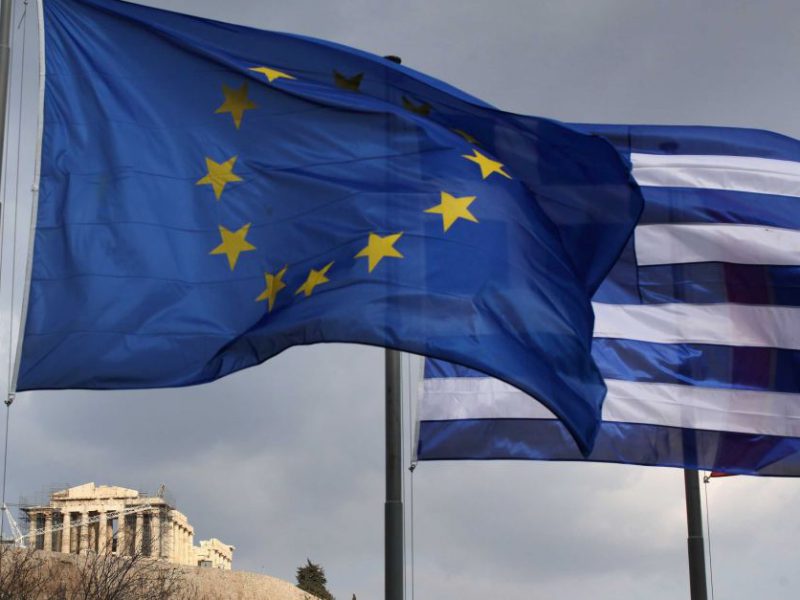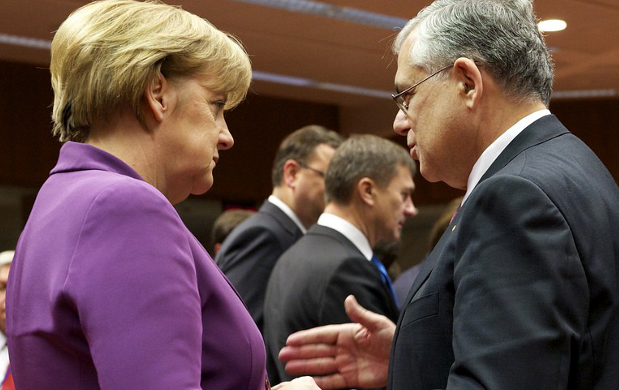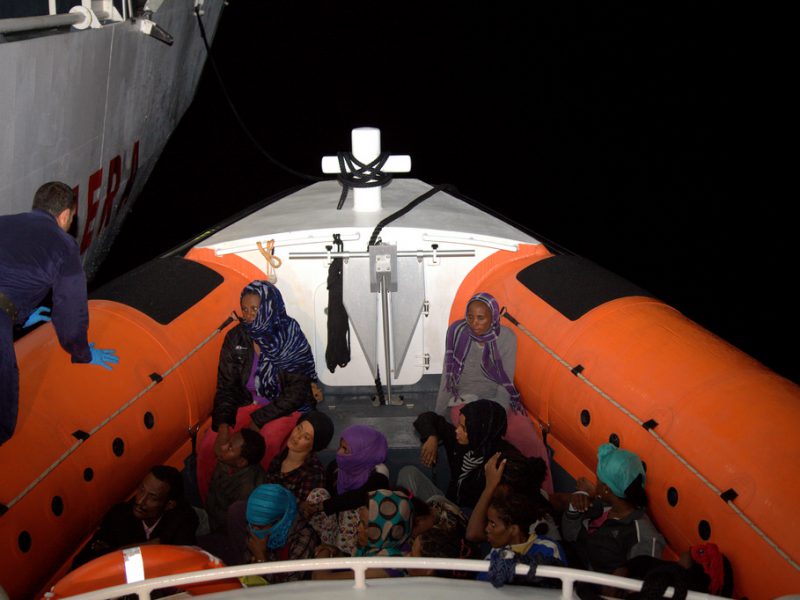Yes or No: The Last Sequel to the Greek Tragedy?
The paradox inherent in the planned Greek referendum is that a “no” vote directed at the EU might be a “yes” for a better Europe. The same Europeans, whom the EU is now trying to force-feed a false “salvation”, might end up saving the true European Idea, even if it’s at the price of renouncing the current institutional attempts to implement it.

